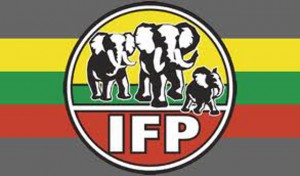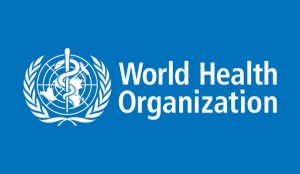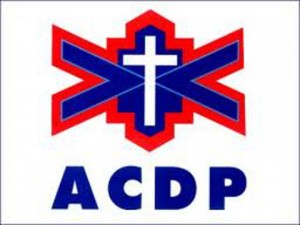A panel of experts from the International Monetary Fund (IMF), the Eastern and Southern Africa Anti-Money Laundering Group (ESAAMLG) and the Financial Action Task Force (FATF) is due to test the effectiveness of South Africa’s legislative and institutional capability to detect and combat money laundering and terrorist financing.
The ESAAMLG and the FATF undertake regular peer reviews of their member jurisdictions to evaluate the extent to which they meet international standards for anti-money laundering, combating of terrorist financing and proliferation of weapons of mass destruction. The FATF is an inter-governmental body for developing and monitoring implementation of the global standards.
South Africa is one of many countries including Benin, Cyprus, Gabon, Madagascar, Mauritius, Mozambique, Tanzania, the Russian Federation, Turkey and others, that will undergo this type of assessment this year.
The National Treasury and the Financial Intelligence Centre (FIC) are co-ordinating South Africa’s inputs for the assessment.
The first phase of the assessment, a desktop review by the panel, will kick off on 1 April 2019. This will be followed by face-to-face interviews with stakeholders from the public and private sectors in October and November 2019.
The final outcome of the assessment will be made known in 2020. Should the assessment team identify possible areas for improvement, South Africa will be held accountable for follow-up actions. Once completed, South Africa will join a host of jurisdictions that have been assessed including Botswana, Ethiopia, Belgium, Ghana, Jamaica, China, the United Kingdom and the United States of America.
A largely favourable evaluation outcome will contribute to ensuring that South Africa’s financial system is regarded globally as protected and having integrity. The FATF assessments of South Africa in 2006 and 2009 resulted in amendments to relevant laws and improvements to systems and processes related to combating money laundering and terrorist financing activities in South Africa, to meet FATF’s global standards.
About the FIC:
As South Africa’s national centre for the gathering and analysis of financial data, the role of the Financial Intelligence Centre (FIC) is to safeguard the integrity of the country’s financial system and its institutions. In pursuit of this, the Financial Intelligence Centre Act, 2001 (Act 38 of 2001), mandates the FIC to identify the proceeds of crime, combat money laundering and the financing of terrorism, and facilitate effective supervision and enforcement of the Act.
Under this legislation, financial and non-financial institutions are required to fulfil certain compliance obligations, including filing of transactions reports to the FIC. The information provided in these reports form the basis upon which analysis is conducted to develop financial intelligence reports for use by a wide range of law enforcement agencies and other government institutions to facilitate the administration and enforcement of the laws of the Republic. The FIC Act also sets out the enforcement and penalty regime for non-compliance with the FIC Act.
In 2017, new amendments to the FIC Act were passed to create greater transparency in the financial system and to advance the fight against corruption, money laundering and the financing of terrorism. These amendments ensure that South Africa continues to meet international standards and best practices.
The amendments target four key areas:
• Adopting a risk-based approach when establishing the identity of a client
• Identifying who really owns and benefits from corporate vehicles
• Improving the management of relationships with prominent influential persons
• Implementing United Nations Security Council financial sanctions.
For more about the FIC visit www.fic.gov.za
HEADLINE STATISTICS AS AT 31 MARCH 2018
40 799 : Institutions registered with the FIC
330 639 : Reports on suspicious or unusual transactions
4.88 m : Cash threshold reports received
5.2 m : Total number of reports received
1 470 : Referrals to law enforcement
2 243 : Requests for information
37 : Contributions to judicial actions
859 : Total FIC (133) and supervisory body (726) inspections conducted









